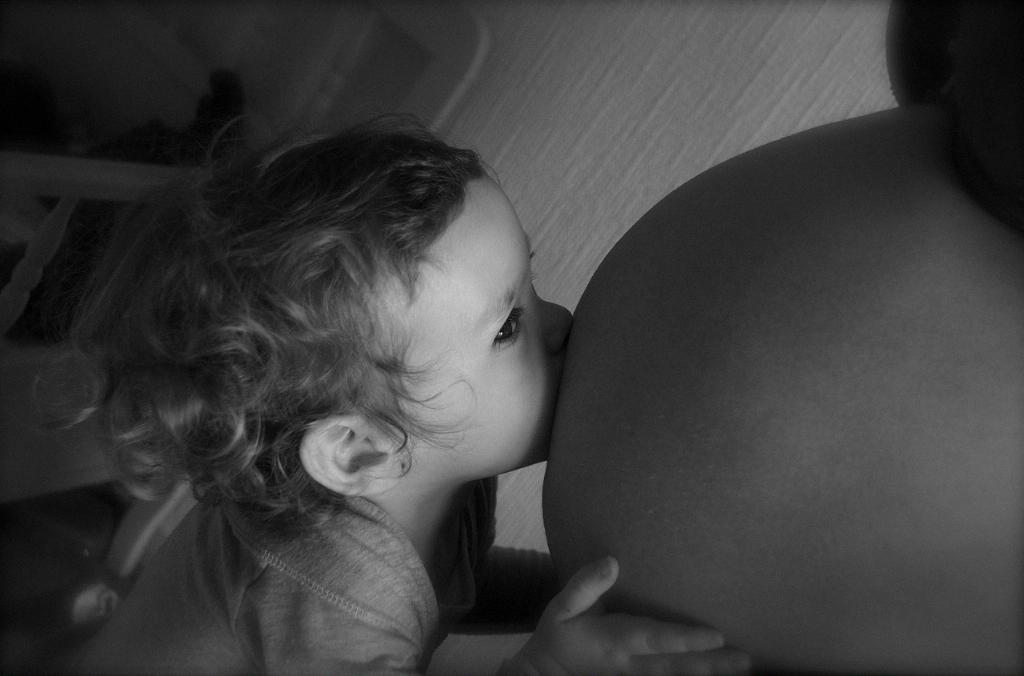Many women who are diagnosed with hypothyroidism often wonder about their ability to conceive and have a healthy pregnancy. The condition “hypo” denotes that the thyroid gland is underactive, which can potentially affect a woman’s fertility. However, with proper management and medical care, women with hypothyroid problems can indeed get pregnant and have successful pregnancies.
One of the crucial aspects for women with hypothyroid problems who are trying to conceive is to ensure that their thyroid function is well-controlled. It is essential to work closely with a healthcare provider, usually an endocrinologist or obstetrician, to monitor thyroid levels regularly and adjust medication as needed to maintain optimal thyroid function.
Thyroid hormones play a vital role in regulating the body’s metabolism, including processes essential for reproduction. When thyroid levels are imbalanced, it can disrupt ovulation and menstrual cycles, potentially impacting a woman’s ability to conceive. By maintaining proper thyroid hormone levels, the chances of successful conception can be significantly improved.
For women with hypothyroidism who are planning to get pregnant, preconception care is crucial. It is recommended to have a thorough evaluation of thyroid function and make any necessary adjustments to medication dosage before attempting to conceive. This proactive approach can help ensure a smooth transition into pregnancy and reduce potential risks.
During pregnancy, women with hypothyroid problems must continue to closely monitor their thyroid function to safeguard both their own health and the well-being of the developing fetus. Thyroid hormones play a critical role in fetal brain development, making it essential to maintain optimal levels throughout pregnancy.
Untreated or poorly managed hypothyroidism during pregnancy can lead to various complications, such as preeclampsia, premature birth, or low birth weight. By following medical guidance, attending regular prenatal visits, and adhering to prescribed medication regimens, women with hypothyroid problems can mitigate these risks and increase the likelihood of a healthy pregnancy.
It is important to note that pregnancy itself can impact thyroid function, leading to changes in hormone levels. Therefore, close monitoring and potential adjustments to medication may be necessary throughout the pregnancy to maintain stability. Working collaboratively with healthcare providers is key to ensuring the best possible outcomes for both mother and baby.
In conclusion, while hypothyroidism can pose challenges for women trying to conceive, it is entirely possible for a woman with hypothyroid problems to get pregnant and have a successful pregnancy. With proactive management, regular monitoring, and adherence to medical advice, women with hypothyroidism can navigate pregnancy safely and increase the chances of a positive outcome for both mother and child.

